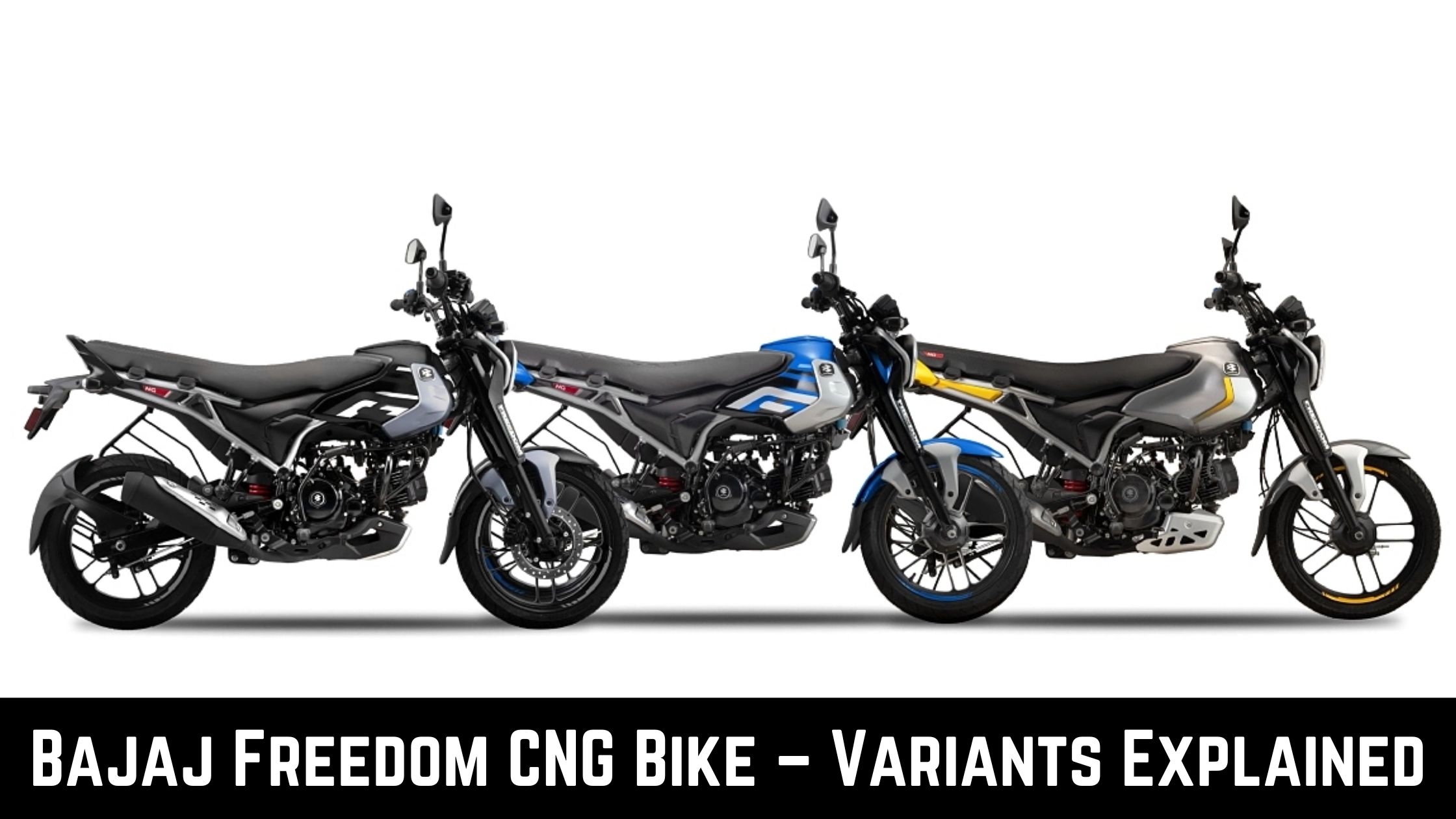
Most companies now rank reducing carbon footprint as their top priority. However, global warming has compelled individuals and businesses to reassess their priorities. Pursuing sustainable development is paramount, and regulatory agencies have increased their vigilance. Electric vehicles demonstrate the automobile industry’s commitment to lowering carbon emissions. Continue reading to discover more about the differences between petrol and electric scooters.
Electric Scooter Vehicles: What Are They?
- Automobiles, known as electric vehicles (EVs), run on electricity. Vehicles can be partially electrical or entirely electric, depending on their use.
- Lithium-ion batteries power modern, completely electric cars and scooters. Lead-acid and nickel-metal hydride batteries have been utilized in EVs in the past. Given their durability and high energy retention rate, lithium-ion batteries are an improvement.
- Fossil fuel consumption has decreased significantly, which has significantly decreased carbon emissions.
Petrol Scooter Vehicles: What Are They?
- Due to their convenience in having quick access to petrol stations for replenishing and their capacity for long-distance travel, many people prefer petrol scooters.
- Since the petrol scooter industry has been growing for many years, numerous models are available in various price ranges.
- Scooters powered by petrol are more reliable, dependable, and easy to maintain.
Electric Scooter Vs Petrol Scooter
EV cars are widely used, but EV two-wheelers are still relatively new. In response to the demands of two-wheeler fans, EV automakers have begun making fuel-efficient electric scooters. Modern electric scooters are far more fuel-efficient than classic petrol since lithium-ion batteries power them. The cost of maintaining an electric scooter is substantially lower than petrol scooters, which need routine maintenance. Electric scooters are significantly more affordable when comparing gasoline costs for an equivalent distance. To better compare, let’s dig more in-depth and examine several factors.
1. Pricing
Most EV owners must pay a personal price for sustainability, but doing so is sensible. Electric scooters cost more than gasoline-powered scooters. Due to the relatively updated technology used in EV scooters, prices are higher. However, the government has provided incentives for buying electric vehicles through several programs, about which you can learn more. The expense of owning an electric vehicle will be more affordable in the long run than one powered by fuel.
2. Price Of Fuel
The expense of owning a petrol vehicle has increased due to the exorbitant prices of conventional fuel sources like petrol and diesel. Scooters powered by petrol or electricity have the same range. However, the price of a liter of petrol is nearly six times more costly than the cost of an electric recharge. Petrol automobiles cost astronomical fuel costs.
3. Operational Bandwidth
Electric engines generally have a shorter operational range than conventional fuel engines. Due to the limited availability of charging stations, e- scooters are suitable for short distances. Self-charging electric vehicles, however, could solve this problem. Due to the abundance of petrol stations, petrol scooters have an unrestricted operating range. The tank is easily refilled, allowing you to travel further and longer.
4. Charges For Maintenance
Electric scooters are much less maintenance vehicles than petrol scooters. The only maintenance required for electric scooters is routine battery cleaning. On the other hand, gas scooters must be serviced frequently at petrol stations to ensure longevity. The service fees raise the maintenance cost, which is essentially nonexistent for electric scooters.
5. Convenience
Most electric scooters need two hours to charge completely before the ride. Additionally, the lack of nearby charging stations can be a problem for electric scooter owners. Petrol scooters are more practical because the tank can be quickly filled before riding. Refueling ease is the one real benefit a petrol scooter has over a battery-powered one.
6. Recharging And Refuelling
- Refueling: You’re probably already familiar with petrol scooters. They are used everywhere and run on petrol. They are practical and well-liked modes of transportation. Despite widespread use, motorbikes are less economical in today’s ecologically conscious society. People are switching to modern electric bikes and scooters because they are pollution-free, economical, and combustion-free.
- Recharging: Although electric scooters are relatively new to the Indian market, their demand has recently skyrocketed. Rechargeable batteries power them. Additionally, they represent the future of transportation due to their small size and affordable ride prices.
The fact that petrol prices are already at record highs highlights how fuel-efficient EVs (Electric Vehicles) are. They also require less maintenance than traditional bikes, which is another benefit.
7. Environmentally Friendly
Studies show electric scooters emit up to 30% fewer carbon emissions than gasoline-powered bikes. Hopefully, these numbers will increase with new technologies. Battery production has a carbon impact; however, rides are significantly more environmentally beneficial. The carbon emissions graph from an electric scooter will be considerably lower than a traditional bike’s.
An electric scooter is a great option for customers who care about the environment because it offers several advantages over a standard one.



